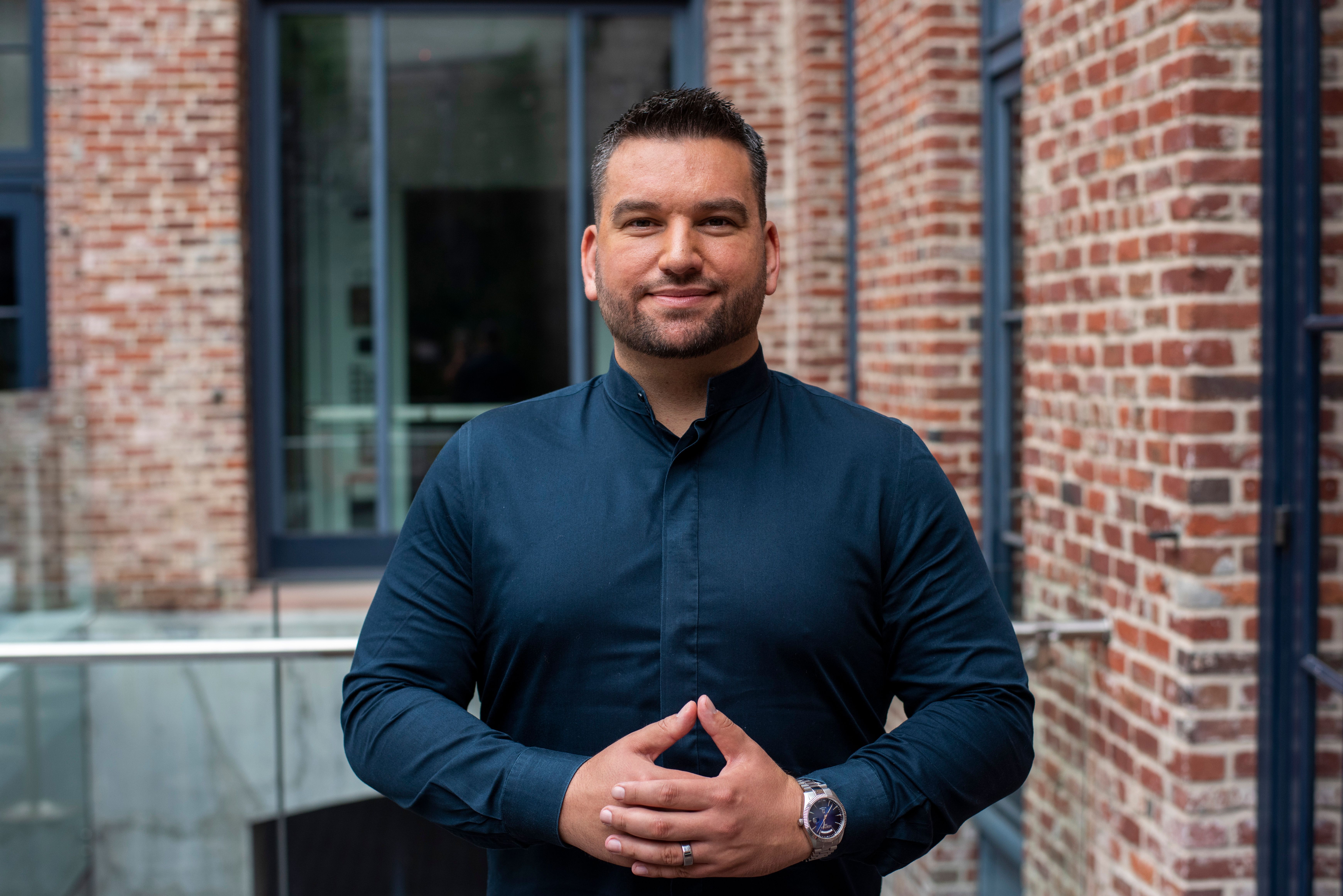Producing Honey Without the Bees: An Exclusive Interview with Darko Mandich, CEO & Co-Founder of MeliBio
)
As the food industry increasingly shifts towards sustainability and ethical practices, MeliBio is at the forefront of this transformation. Co-founded by Darko Mandich, a veteran of the European honey trade, MeliBio is revolutionising the way we think about honey production. By leveraging advanced plant science and precision fermentation, the company is crafting honey without the need for bees, addressing environmental and ethical concerns associated with traditional methods. In this exclusive interview, Darko Mandich shares insights into MeliBio’s mission, the challenges and opportunities in the honey sector, and the future of sustainable food innovation.

Exclusive Interview with Darko Mandich, CEO & Co-Founder of MeliBio
To start, could you share a bit about your background and what motivated you to co-found MeliBio? What was the driving force behind developing bee-free honey?
I spent almost a decade in the European honey industry, trading over 10,000 tonnes of honey in over 10 different markets. My experience revealed the industry's unsustainability, prompting me to co-found MeliBio with the goal of creating honey without harming bees and addressing the negative impacts of traditional honey production on wild and native bee species. Our stellar team in the San Francisco Bay Area is working on the future of honey that's better for humans and for bees.
How does MeliBio produce honey without relying on bees?
MeliBio’s mission is to create sustainable honey by eliminating the need for invasive honeybees in the production process. We use plant science and precision fermentation to replicate honey at the molecular level, ensuring it is bio-identical to bee-made honey.
What were the key challenges and opportunities in the honey and sweetener sector that inspired you to innovate with bee-free honey?
Key challenges include the environmental impact of commercial beekeeping, such as the displacement of wild bee species and overly complex supply chains. Opportunities arose from the increasing demand for sustainable and ethical food products, inspiring us to develop a bee-free alternative that addresses these issues.
Traditional honey production faces criticism for its environmental and ethical implications. Can you elaborate on these issues and explain how MeliBio’s technology offers solutions?
Traditional honey production negatively impacts wild bee populations and often involves unethical practices like feeding bees cheap sugar substitutes. MeliBio’s technology uses plant-based ingredients and precision fermentation, eliminating the need for bees and mitigating these ethical and environmental concerns.
By producing honey without bees, MeliBio reduces the pressure on wild bee populations and helps preserve biodiversity. Our technology prevents the displacement of native bee species and eliminates the complexities of the global honey supply chain.
Can you explain how MeliBio’s technology replicates the complex flavour profile of traditional honey? How has this been received in markets so far?
MeliBio replicates honey's flavour using plant science and fermentation, matching the molecular composition of traditional honey. The response has been positive, with chefs and consumers praising its taste and quality, noting that it tastes just like real honey. Our products under Mellody, our US brand, are served in popular places such as threeMichelin-starred Eleven Madison Park and Neat Nolita, a Lewis Hamilton and Leonardo DiCaprio owned restaurant in New York.
Looking at future trends, what emerging technologies or innovations in the food industry do you believe will advance the production of sustainable alternatives?
Emerging technologies like precision fermentation and synthetic biology hold promise for advancing sustainable food production. These innovations can help create high-quality, scalable alternatives to animal-based products, contributing to a more sustainable food system and streamlined supply chains.
What are MeliBio’s long-term goals for innovation and sustainability in the food and beverage sector? Are there any specific plans for expanding your impact in regions like the Middle East?
MeliBio aims to lead the honey industry towards sustainability by providing a bee-free alternative. Our long-term goals include expanding our product availability globally, including regions like the Middle East, to promote sustainable honey production on a larger scale.
What key message would you like to convey to professionals and stakeholders in the sustainable food sector about the future of sweeteners and MeliBio’s role in driving positive change?
MeliBio is committed to creating a sustainable and ethical future for the honey industry by offering a plant-based alternative. We invite stakeholders to join us in this mission to protect bee populations and promote environmental sustainability while enjoying delicious, nutritious honey made without bees.
As a speaker at the Gulfood Green Food For Future Summit, what key topics or insights do you plan to share with the attendees, and what are you most looking forward to about the event?
At the summit, I plan to discuss the importance of sustainable food production, the environmental impact of traditional honey farming, and how innovations like MeliBio’s bee-free honey can drive positive change. I look forward to engaging with industry leaders in the Middle East and fostering collaborations that promote the sustainable future of food systems.
Darko Mandich’s vision for MeliBio represents a significant step towards a more sustainable and ethical food industry. By pioneering bee-free honey, MeliBio is not only addressing pressing environmental concerns but also setting a new standard for innovation in the food sector. As the company continues to expand its impact globally, including into the Middle East, it invites stakeholders and consumers alike to embrace a future where sustainability and quality go hand in hand. Stay tuned for more insights from Darko at the Gulfood Green Food For Future Summit from 24-26 September at the Dubai World Trade Centre, where he will further illuminate the path towards a greener, more sustainable food system. Register to attend here.

